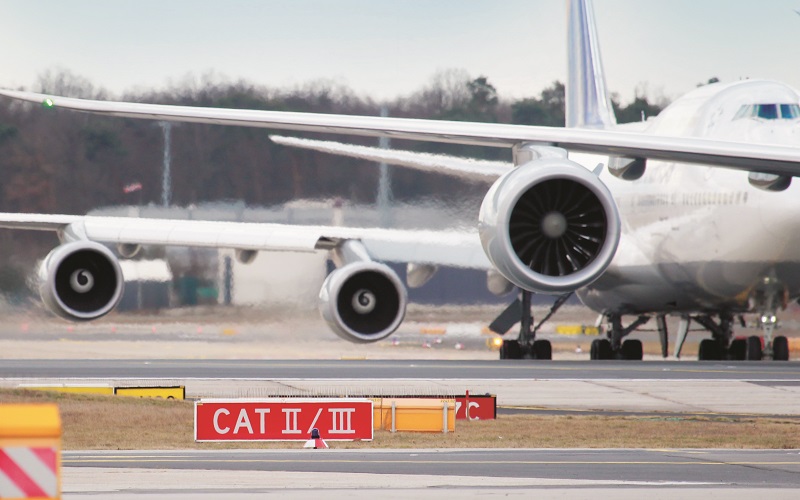Rising hope of 2023 recovery among global airline executives
19 August, 2021
3 min read


Global airline executives have become more optimistic about future profitability and passenger demand, with more than half expecting demand to recover to 2019 levels in 2023.
The more hopeful outlook came as 81 percent of executives taking part in a July business confidence survey reported an increase in passenger volumes in the second quarter of 2021.
Respondents to the International Air Transport Association survey were optimistic about passenger demand, with 89 percent saying they anticipated demand would recover as markets re-opened.
READ: Asia-Pacific governments urged to move on digital travel passes.
But views are still mixed.
While 52 percent of the CFOs and heads of cargo surveyed backed a 2023 recovery, a third were more pessimistic and did not expect demand to reach pre-crisis levels until 2024 or later.
The remaining respondents believed the recovery would take place next year.
About three-quarters of executives expected that recovery in long-haul markets would start in 2022 or later and North America was now expected to lead the charge.
“The expectations about which regions will return to 2019 levels first and last changed between April and July surveys,’’ the survey said.
“While in the first quarter, the majority of the respondents (42 percent) expected Asia-Pacific to lead the recovery to 2019 levels, the latest survey version shows North America to be the main front-runner.
“This is followed at some distance by Europe and Asia-Pacific (21 percent of respondents each).
“On the other hand, Africa switched place with Europe to become the region with the longest expected air traffic recovery based on July survey.”
There was also a sharp fall in the number of respondents who expected to shrink their network (36 percent, down from 55 percent in the previous survey) or reduce flight frequencies (27 percent, down from 67 percent).
More than seven in 10 of those surveyed reported smaller losses as the pandemic was better controlled and significant cost reductions combined with moderate gains in passenger demand.
But 28 percent said COVID continued to have a major impact on their operations.
While passenger yields remained low in the second quarter, the expectation was they would improve in the next 12 months as demand improves. Respondents also expected cargo yields to remain elevated.
“Turning to the twelve months ahead, 73 percent of them expect profitability to improve since they anticipate passenger traffic to recover further with the support of vaccine rollout,’’ the survey said.
“They also expect that passenger confidence will pick up and concerns about safety of air travel will recede.
“However, 25 percent of the respondents expect no change or deterioration in net losses due to the risk that new COVID waves and resulting lockdowns weigh on air travel recovery.
“Some respondents also mentioned that cancellation of government aid programs might offset revenues from rising passenger traffic in the future.”
The survey said the slow recovery in air travel was positively reflected in employment results with about a third of executives reporting an increase in their workforce, although some of this was attributed to government limits on layoffs.
Forward employment expectations also improved with 45 percent of respondents now looking at boosting their workforce, up 6 percentage points on the last survey, but 40 percent expected no change.
About 15 percent expected more layoffs as they continued to restructure their businesses.
Next Article
2 min read
Qantas triples profit but misses mark

Get the latest news and updates straight to your inbox
No spam, no hassle, no fuss, just airline news direct to you.
By joining our newsletter, you agree to our Privacy Policy
Find us on social media
Comments
No comments yet, be the first to write one.
